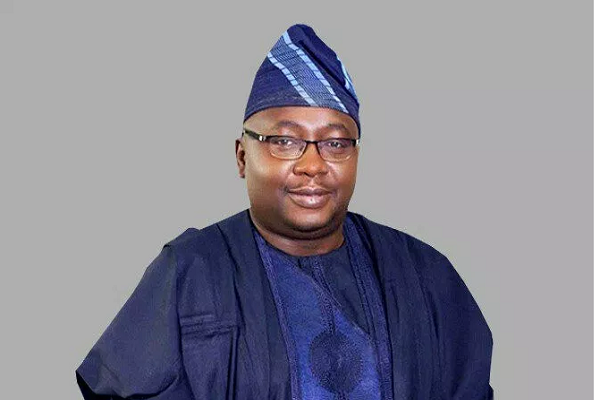Pioneer sickle cell nurse honoured at new donation centre
Celebrated blood disease specialist nurse Professor Dame Elizabeth Anionwu has been honoured with a plaque at London’s newest donation centre.
Dame Elizabeth, who was the UK’s first nurse specialist in sickle cell disease, opened Brixton Blood Donor Centre on Wednesday, 22 January.
“I urge all people across south London to make an appointment at this unique new centre to give blood and save lives”
Elizabeth Anionwu
At the centre’s opening, Dame Elizabeth unveiled a plaque celebrating her life-saving work and research into sickle cell disease; treatment for which relies on having sufficient supplies of blood from donations.
The inside of the centre, which is Brixton’s first permanent site for donating blood, has been built in the borough to encourage more people of Black heritage to give blood.
According to NHS Blood and Transplant, the need for Black Caribbean and Black African donors has “never been greater”, due in part to an increasing need for treatment for sickle cell disease.
Sickle cell disease is a genetic red blood cell condition. It affects haemoglobin and causes red blood cells to form in an abnormal, crescent (or sickle) shape.
This prevents the efficient movement of oxygen around the body and causes build-ups of blood cells. In turn, this can cause respiratory difficulties, severe pain and fatigue.
Around 17,500 people in the UK have sickle cell disorder and it predominately affects those from African and Caribbean backgrounds, according to the Sickle Cell Society.
“It’s an honour to see the hard work of those who have strived to improve the care of people with sickle cell and thalassaemia over several decades recognised in this way,” said Dame Elizabeth.
“When I became the country’s first specialist sickle cell nurse counsellor in the 1970s, the disease was not very well known or understood,” she said.
“But what we did know was that the generosity of blood donors, especially from the Black community, was key to alleviating the pain of patients.”
Sickle cell disease, which is the UK’s fastest-growing genetic disorder, is frequently treated using transfusions of the ‘Ro’ blood type, which around 56% of Black heritage donors have, compared to 2.4% of donors of other ethnicities.
Dame Elizabeth continued: “Despite major advances in the treatment of sickle cell, we still rely on the generosity of blood donors from the Black community to make a lifesaving difference.
“That’s why the opening of the Brixton donor centre, in the heart of the community and shaped by the community, is such an important achievement.
“I urge all people across south London to make an appointment at this unique new centre to give blood and save lives,” she added.
Brixton has the largest Black heritage population of any area in England and Wales.
It was chosen for the newest blood donation centre because of its “young and diverse” population and “renowned community spirit of giving”, according to NHS Blood and Transplant.
Inside the centre, local artists have created a “hero wall”, which narrates stories of local residents whose lives have been saved by blood donations, as well as depicting young Black donors themselves.
Professor Habib Naqvi, chief executive of the NHS Race and Health Observatory, said: “There’s no substitute for matched blood, and there are a lot of patients from diverse communities who need blood – sometimes in emergency situations.
“The new donor centre in Brixton will go a long way to obtaining a constant supply of blood from diverse, altruistic donors – helping to ensure patients get the lifesaving blood transfusions that they need,” he added.
As well being a sickle cell nursing pioneer, Dame Elizabeth also helped set up the Mary Seacole Statue Appeal, which culminated in the unveiling of a statue in her honour in 2016.
In recognition of her many achievements, she played a key role in the coronation of King Charles III and Queen Camill in May 2023, carrying the golden sovereignty orb.
She became a dame in the 2017 New Year Honours and her memoirs, ‘Dreams From My Mother’, were published in 2021.
In addition, in 2023, she gave her name to a brand new category at the Nursing Times Awards, the Dame Elizabeth Anionwu Award for Inclusivity in Nursing and Midwifery.
Meanwhile, Dame Elizabeth herself received the Chief Nursing Officers’ Award for Lifetime Achievement at the 2016 Nursing Times Awards.
She was also on the list of 75 nurses and midwives who have contributed in a significant way to the NHS, compiled by Nursing Times to celebrate the 75th anniversary of the founding of the service in 2023.










